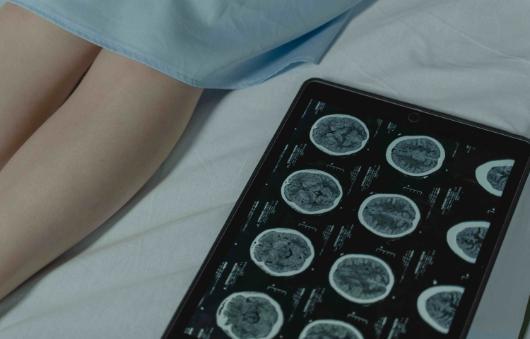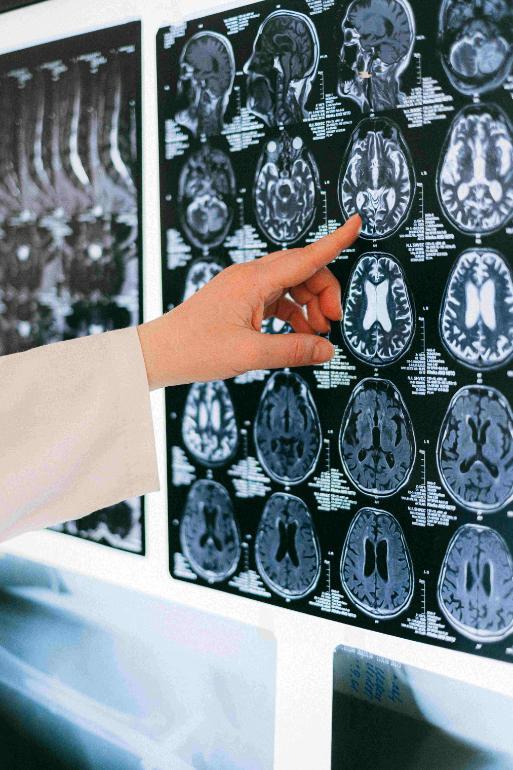Summary
Acquired brain injury (ABI) is a leading cause of death and disability worldwide. In Ireland, 19,000 new brain injuries occur annually, and 120,000 people currently live with an ABI. Brain injury occurs in 80% of patients resuscitated from cardiac arrest, and following a severe traumatic brain injury, 25% of patients die and 50% cannot live independently.
The ICC-CTN ABI Programme consists of seven major global studies, several of which are ongoing, that provide definitive evidence to guide clinicians providing care. The research, which was informed by patient need, addresses long-standing questions around key aspects of ABI care, including CO₂ management, temperature, drug therapy, oxygen, sedation, and blood pressure management. This has informed clinical guidelines, thereby improving outcomes for hundreds of thousands of patients, and reducing the healthcare and societal costs of ABI.
Research description
More than 10 years ago, the Irish Critical Care-Clinical Trials Network (ICC-CTN) began a programme of research into acquired brain injury (ABI), led by Professor Nichol. The research was initiated when the father of a son who died following a traumatic brain injury gave the team a personal insight into the impact of ABI on his son’s and his family’s life, asking for better treatments.
The team started by investigating different treatments for ICU patients with the poorest outcomes: those who have suffered severe traumatic brain injuries or out-of-hospital cardiac arrest. Since then, they have delivered 4 global studies (several others are ongoing), to determine effective treatments safely and definitively, using the highest standards of trial design. Together, the trials involved almost 5,000 patients across 22 countries.
The first of these, launched in 2015, was the largest global trial of a drug called “erythropoietin alfa” in traumatic brain injury. This study found that the drug did not reduce severe neurological outcomes, but may reduce mortality following multiple traumatic injuries (a question that the team is now exploring in ongoing research).
 Two further global studies – one in 2018 and one in 2021 – determined that lowering a patient’s body temperature through targeted hypothermia does not improve outcomes for ABI. This definitively ended a resource- and cost-intensive practice believed to be beneficial for more than 20 years.
Two further global studies – one in 2018 and one in 2021 – determined that lowering a patient’s body temperature through targeted hypothermia does not improve outcomes for ABI. This definitively ended a resource- and cost-intensive practice believed to be beneficial for more than 20 years.
Finally, a 2023 study co-led by the ICC-CTN, found that allowing slightly raised CO₂ levels in the blood does not improve neurological outcomes or mortality among patients who are resuscitated after out-of-hospital cardiac arrest. This research provides the latest certainty that current CO₂ management practices are safe and effective, and that slightly elevated carbon dioxide levels in the blood is not dangerous.
The results of these trials inform the ICC-CTN’s ongoing programme of research to improve patient outcomes. As well as further research into the use of erythropoietin alfa in critically-ill trauma patients, this includes studies into brain oxygen monitoring and intervention in severe TBI, and optimal oxygen, temperature, sedation and blood pressure management in out-of-hospital cardiac arrest. Around 900 biological samples collected by the team will provide key insights into patient care and future treatments.
Alongside this, the team has worked with Irish charity ABI Ireland to establish two Irish ABI Patient and Public Involvement in Research (PPI) groups, in addition to their critical care group (ICC-PPI). The involvement of patients and their families is crucial for the research. The team works closely with PPI groups for a range of activities, including developing patient leaflets, improving the consent process, determining research priorities, and biological sampling.
 Improving clinical practice and health outcomes
Improving clinical practice and health outcomes